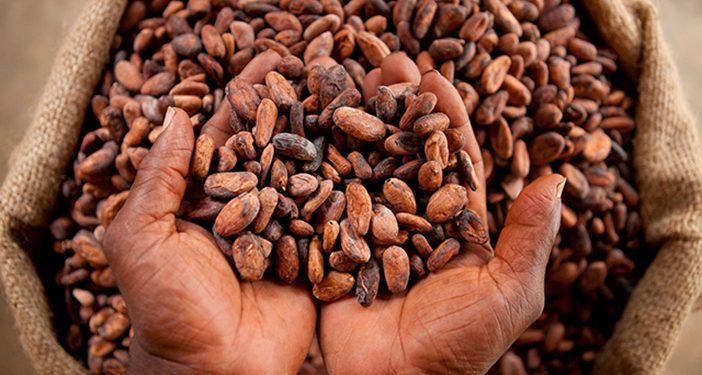Government and all stakeholders involved in sustainable cocoa production have been urged to decentralize education on the Cocoa Forest Initiative (CFI) to the district and community levels.
A baseline survey on the CFI, a national plan to restore degraded forests and improve cocoa production by EcoCare Ghana, a rights-based campaign advocacy organisation, revealed the conversation around the CFI was centered at the national level with little knowledge of it at the district and community levels.
Speaking in an interview during a closeout and lesson sharing meeting in Accra, the Project Team Leader of EcoCare, Mr Obed Owusu-Addai, said if farmers especially were expected to adhere to some of these commitments and programmes then the message needs to go to the community level.
“You can’t sit in Accra and expect change to happen. It’s not happening so we need to take the message to the communities and use the local radio stations and other mediums to disseminate information on the CFI,” he said.
MoCCPA
Consequently, in the past two years, EcoCare Ghana has been implementing a project, ‘Monitoring CFI Commitment through Participatory Approaches’ (MoCCPA), that seeks to empower and build capacity of local and national stakeholders to participate in the CFI that was launched by the governments of Ghana and Cote d’Ivoire.
With funding from by Rainforest Alliance through their Sector Partnership programme, the two countries together with about 32 chocolate and cocoa companies committed to reduce or minimize deforestation in the cocoa supply chain through several interventions.
According to Mr Owusu-Addai, EcoCare set out to monitor the commitment by them through activities such as community engagements and meetings during which participants were sensitized on climate smart cocoa practices.
“We embarked on capacity development on the commitment areas of the CFI, did district level stakeholder engagement where we brought people from Cocobod, district assembly, Forestry Commission to discuss the issue that emanated from there, and which all fed into the national level conversation where we had meetings to also bring out these issues,” he explained.
Some challenges
Through the MoCCPA, it emerged that cocoa in forests were issues that no one wanted to talk about although it exists.
Mr Owusu-Addai said Forestry managers were not willing to talk about due to a perceived antagonism between the cocoa laws and the forestry laws of Ghana.
“Forestry laws says you can’t enter a reserve and make a farm without the written authorization a competent forest officer. But the Cocobod says that once the cocoa is planted at wherever and it matures the cocoa is for the state and so it cannot be cut or destroyed.”
“That’s the Economic Plant Protection Act. Communities know this so they secretly go into the reserves to plant cocoa and so, we’re losing our forests to cocoa and that’s one of the major problems,” he stated.
Sustainability planTo ensure sustainability of the MoCCPA project, community monitoring systems have been set up.
“They have been given phones and are signed onto monthly data packages so they can continue to do monitoring. We’ll follow up to ensure that anytime an issue comes up, it’s addressed,” he said.
Some beneficiaries
A Technical Officer at Cocobod at Juaboso district in the Western region, Mr Bababalayiri Piitang, said the MoCCPA project has helped to lessen the burden of Cocobod, as farmers now know they can benefit from economic trees that are planted on rehabilitated and new farms to aide in shading.
“Initially, they felt they don’t benefit from the economic trees being planted. Now through the EcoCare initiative, they liaise with the Forestry Commission to now register the trees so they can log because they belong to them,” he said.
For his part, the Chief of Adwumam, also in the Juaboso District, Nana Kwasi Bennie II, said through MoCCPA, farmers no longer go into the forest reserves.
“We carry out our activities outside the forest. Also, previously, we didn’t know the sizes of our farms so for example we were applying fertilizer anyhow but now we know and we apply in needed quantities.
“Again, we now have good relationships with our stakeholders,” he said.







